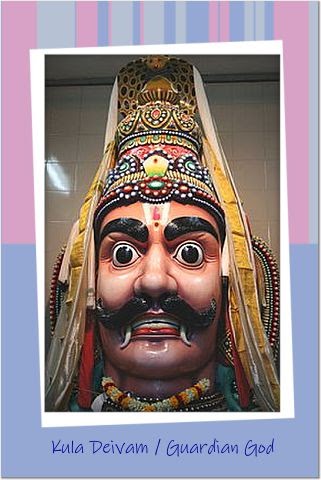

It was produced by Sridhar and his Venus partners S. This story would eventually evolve into the film Kalyana Parisu, Sridhar's directorial debut. He thought of various stories, eventually finalising on a triangular love story where two sisters fall in love the same man, with one sister sacrificing her love for the other's sake he believed this sacrifice would be a strength. Subbulakshmi as Vasanthi and Geetha's mother Īfter the success of the Venus Pictures production Uthama Puthiran (1958), its screenwriter Sridhar was keen on creating the story for his next film. Baskar then leaves Babu to her as a wedding gift and walks away. However, by the time they arrive, Vasanthi is already married. Through Sampath, Baskar learns about Vasanthi's impending marriage and rushes to the marriage hall with Babu. The man's son arrives and is revealed to be Raghu, who Vasanthi agrees to marry. Meanwhile, Vasanthi meets with an accident but is saved by a wealthy old man who allows her to stay in his house. He searches for Vasanthi all over the city, to no avail. Geetha, having realized that Baskar and Vasanthi loved each other, dies in guilt, leaving Baskar alone to bring up Babu, making him promise that he will find Vasanthi and make her the child's mother. Baskar spends more time with Vasanthi than his wife, who suspects them of being in a relationship, and berates them both. When Geetha falls ill, Vasanthi attends to all the household work. Vasanthi joins Geetha at their Coimbatore house following her mother's death. Heartbroken, Raghu leaves her and resigns from his job. Raghu again meets Vasanthi and proposes to her, but she tells him about her past and expresses her inability to respond to his love. Shortly thereafter, Geetha becomes pregnant and returns to her original home where she delivers a son named Babu. Vasanthi writes to Baskar advising him to forget about the past and lead a happy life with Geetha he relents. Her manager Raghu falls in love with her and expresses his desire to marry her, but she is unable to respond to his feelings.īaskar is unable to lead a happy life as he often thinks about his disappointment in love. Meanwhile, Vasanthi has obtained employment as a typist. Since Geetha was responsible for raising Vasanthi, she is granted her wish, and Vasanthi convinces Baskar to marry Geetha.Īfter Baskar and Geetha marry, they shift to Coimbatore where Baskar has been transferred. She confides her love to Vasanthi who is heartbroken but decides to sacrifice her love out of respect for her sister. One day when Baskar falls ill, Geetha nurses him and in the process, falls in love with him. Baskar rents the vacant portion of their house. Vasanthi lives with her mother and unmarried elder sister Geetha. Baskar forgives her, and they both fall in love.

Vasanthi approaches Baskar and apologizes for her earlier actions. Baskar later manages to obtain employment at a tea company with the help of his friend Sampath, who also shelters him since Baskar is homeless. When Baskar sends a love letter to Vasanthi, she complains to the dean, who dismisses Baskar from college. Sasikumar as Sammanam (1975).īaskar and Vasanthi are college mates. The film was later remade by Sridhar in Telugu as Pelli Kanuka (1960) and Hindi as Nazrana (1961), and in Malayalam by J. Saroja gained popularity, and was sold separately on audio cassettes and vinyl records. The comedy subplot written by Gopu involving Thangavelu and M. Its success led to Sridhar launching his own production company Chitralaya Pictures, and set the pattern for his later works in which he repeated the motif of the eternal triangle and unrequited love. Kalyana Parisu emerged a milestone in Tamil cinema, and the breakthrough for Saroja Devi and Rajah. At the 7th National Film Awards, it won the Certificate of Merit for Best Feature Film in Tamil. The film was commercially successful, running for over 25 weeks in theatres and thereby becoming a silver jubilee film. It was critically acclaimed, particularly for eschewing formulaic Tamil cinema conventions like long dialogues and fixed-point cinematography in favour of short verses with simple words and camera mobility. Kalyana Parisu was released on 9 April 1959. Sadagoppan (later known as Chitralaya Gopu) who worked as associate writer, and the debut of A. Kalyana Parisu was the directorial debut of Sridhar, who co-produced it with his partners S. Out of respect, the younger sister decides to sacrifice her love, unknown to the elder sister. A triangular love story, it is about two close sisters whose lives turn upside down when they both fall in love with the same man. Wedding Gift) is a 1959 Indian Tamil-language romantic drama film written and directed by Sridhar.


 0 kommentar(er)
0 kommentar(er)
